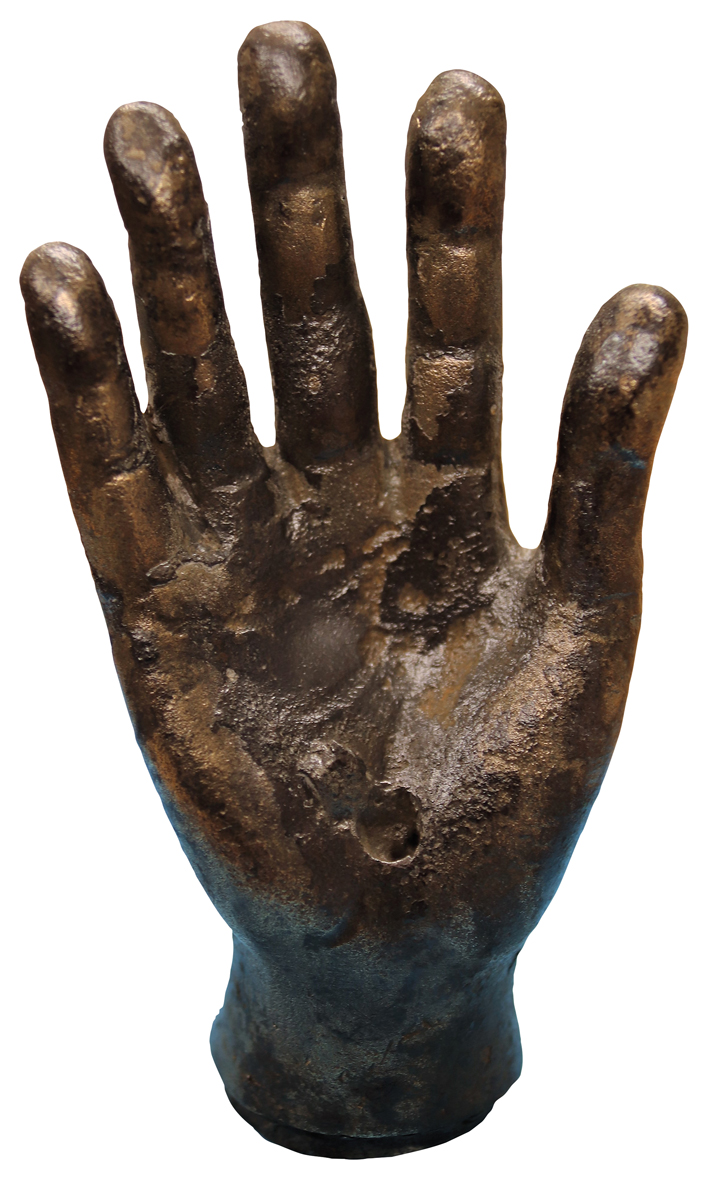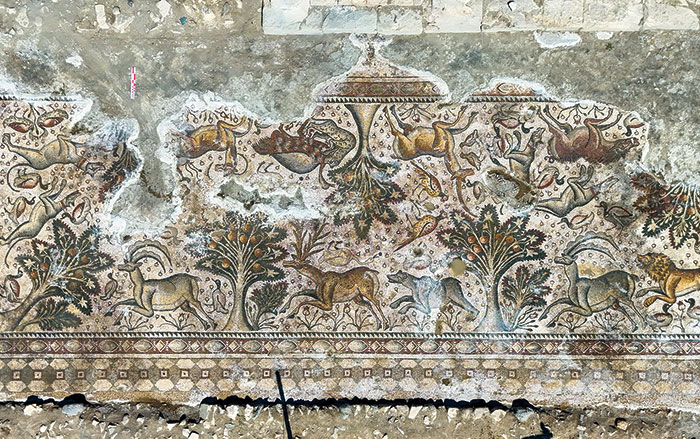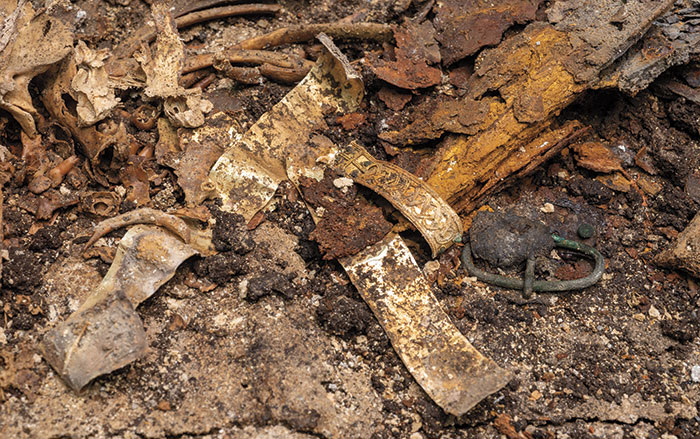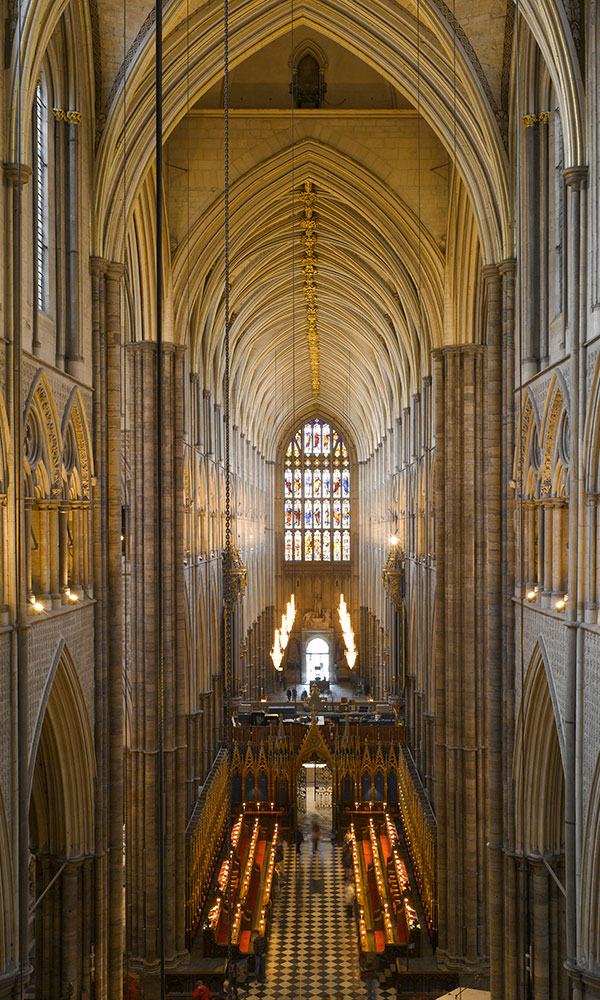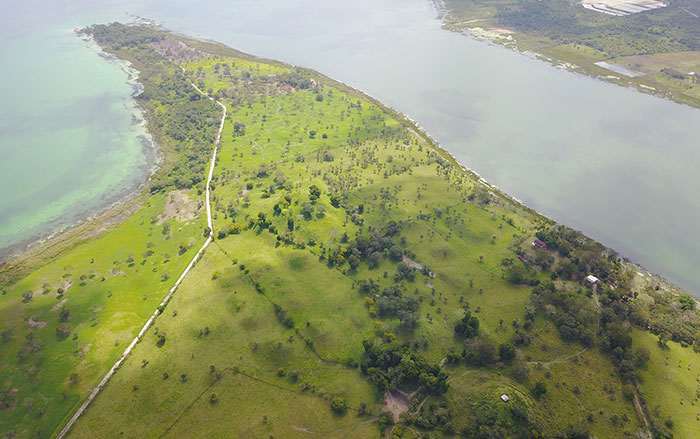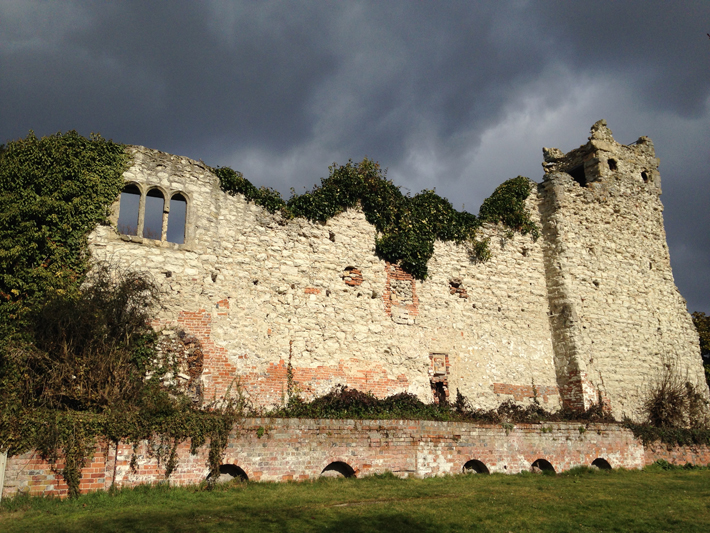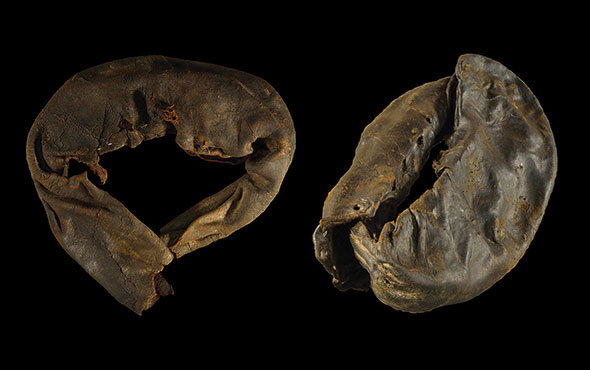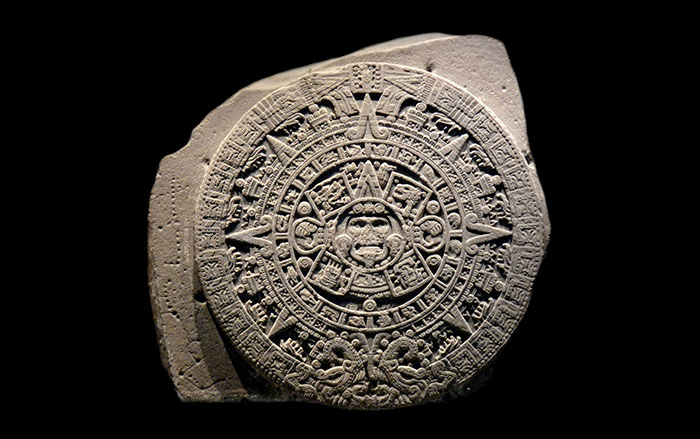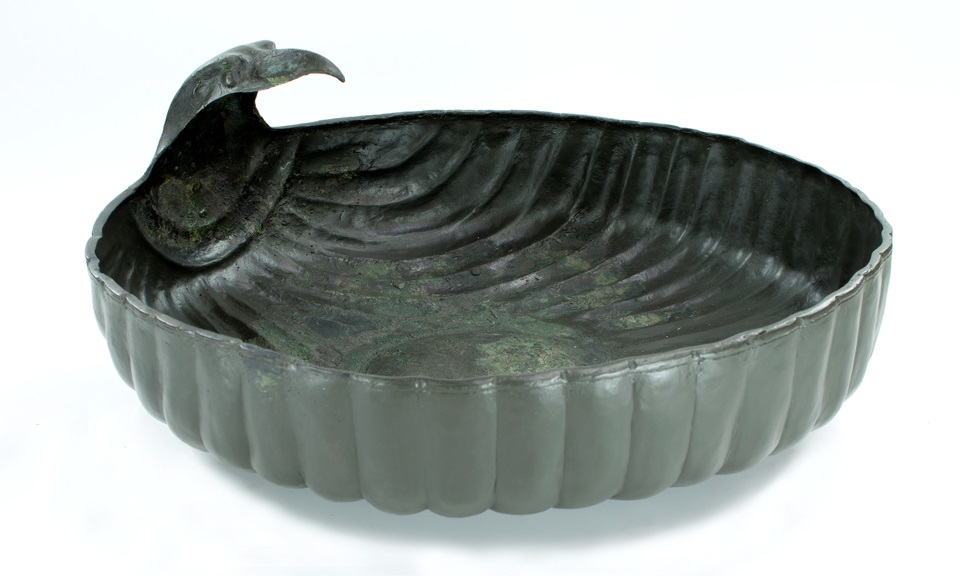
RIJNSBURG, NETHERLANDS—Dutch News reports that the cremated remains of three people who may have been members of a Germanic tribe, combs thought to have been made in what is now northern Germany, and a rare bronze wash basin decorated with an eagle’s head were discovered in a fourth-century A.D. grave in the western Netherlands. The basin, which was found in fragments and has been reconstructed, is thought to have been made in a Roman workshop in Italy for a high-ranking military officer stationed near the empire’s northern border some 50 years before it was placed in the grave. Zuid-Holland provincial archaeologist René Proos suggested the Roman officer may have used the basin to buy the loyalty of a Germanic tribal chief. The basin and other recent finds in the region indicate the Roman army may have occupied the Netherlands longer than previously thought. To read about evidence of a battle between the Romans and Germanic tribes uncovered in the Netherlands, go to “Caesar’s Diplomatic Breakdown.”


